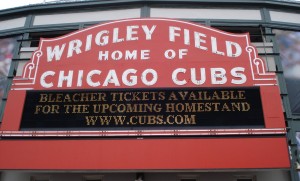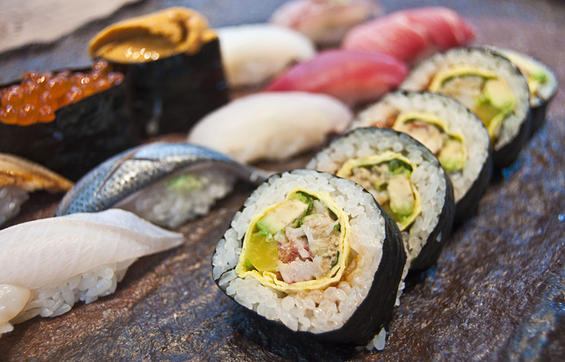Pam Zekman of WBBM-TV Chicago reports nine of the 35 concession stands at Wrigley Field faced critical violations after inspectors found things such as black slime in an ice machine, food that wasn’t prepared properly and other food safety and handling violations.
Zekman reports that the city’s health department had conducted inspections when games weren’t played at Wrigley Field and other ballparks and arenas. Now they do inspections on event days.
A total of 20 critical violations were found at nine booths, three that were shut down. City inspection  results resulted in more than 24 pounds of hot dogs, sausages and hamburgers being thrown out from five different concession areas.
results resulted in more than 24 pounds of hot dogs, sausages and hamburgers being thrown out from five different concession areas.
“It’s extremely important because it is while the concession stand is working and serving customers that all the rules about food safety, food handling, are even more important,” food safety expert Kantha Shelke told Zekman.

 anything! Take your walk-in temp and gtfo.
anything! Take your walk-in temp and gtfo..jpg) considered "red critical." The inspections covered an eight-month period of roughly 40 markets.
considered "red critical." The inspections covered an eight-month period of roughly 40 markets..jpg) District, said the problem in a nutshell was one of being unfamiliar with the new technology.
District, said the problem in a nutshell was one of being unfamiliar with the new technology. and warm water for food handlers;?- having no means of drying hands to reduce the risk of contamination; and?- having kitchens with an accumulation of garbage, food waste, dirt or grease.
and warm water for food handlers;?- having no means of drying hands to reduce the risk of contamination; and?- having kitchens with an accumulation of garbage, food waste, dirt or grease. surfaces and utensils.
surfaces and utensils..jpg) carts) are not always out there," Farley said.
carts) are not always out there," Farley said.  Kingdom, Epcot, Busch Gardens, Universal and surrounding areas.
Kingdom, Epcot, Busch Gardens, Universal and surrounding areas. stands. Many of the stands aren’t performing very well.
stands. Many of the stands aren’t performing very well.